Learn about the Etowah
1. What is a watershed

2. Tour the Watershed
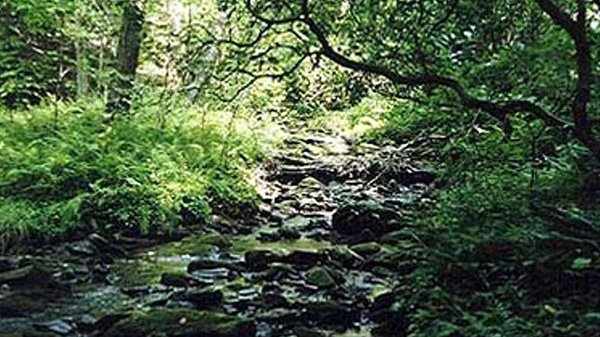
3. Meet the Darters
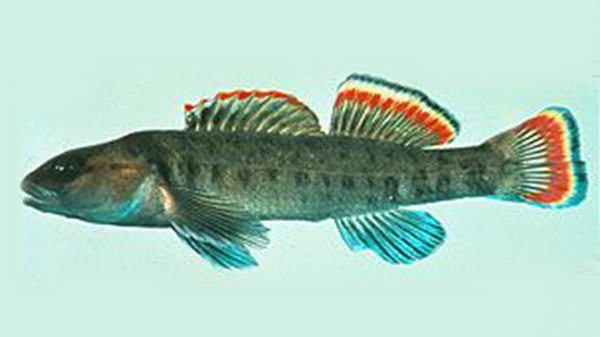
4. What does Etowah mean?
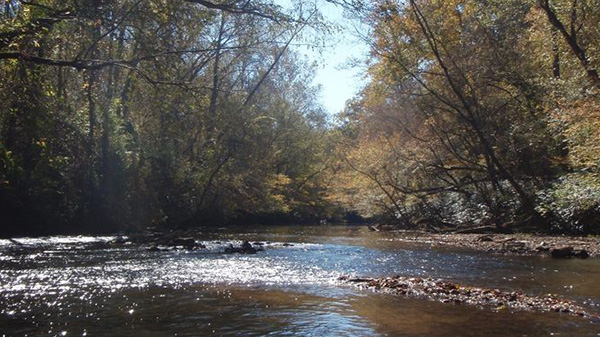
5. Pollution Solutions
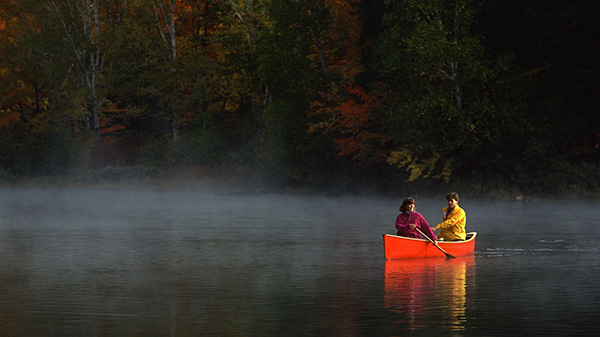
What is a watershed?
Imagine a bowl.
In the bottom of the bowl runs a specific body of water, in this case, the Etowah River. The sides of the bowl are the high points of land, from which rain or snow drains down through tributaries to the river. Everything that happens in the bowl affects the quality of the water.
The Upper Etowah River Watershed encompasses 610 square miles or 390,400 acres. It includes parts of 5 counties — Lumpkin, Pickens, Dawson, Forsyth, and Cherokee — and over 100 tributaries including Shoal, Amicalola, Yellow, Setting Down, Long Swamp, and Sharp Mountain creeks. The river begins in the mountains near Dahlonega and runs 98 miles until it reaches Lake Allatoona.
This is only a fraction of the entire Etowah Basin, which drains approximately 1,858 square miles and includes all 150 miles of river.
The Upper Etowah River watershed, located in central north Georgia just above Atlanta, encompasses parts of five counties: Lumpkin, Dawson, Pickens, Forsyth, and Cherokee.
With 76 native fish species, the Etowah watershed is biologically one of the richest river systems IN THE WORLD!
It is one of the most imperiled river basins as well. We have already lost 15 fish species since the first biological inventories were done in the late 1800’s.
Join the Upper Etowah River Alliance to help us conserve, protect and educate the public about the importance of our watershed.
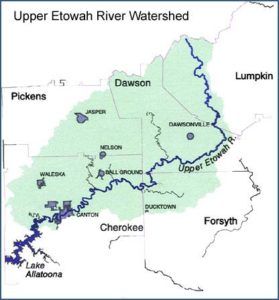
Images from around the watershed

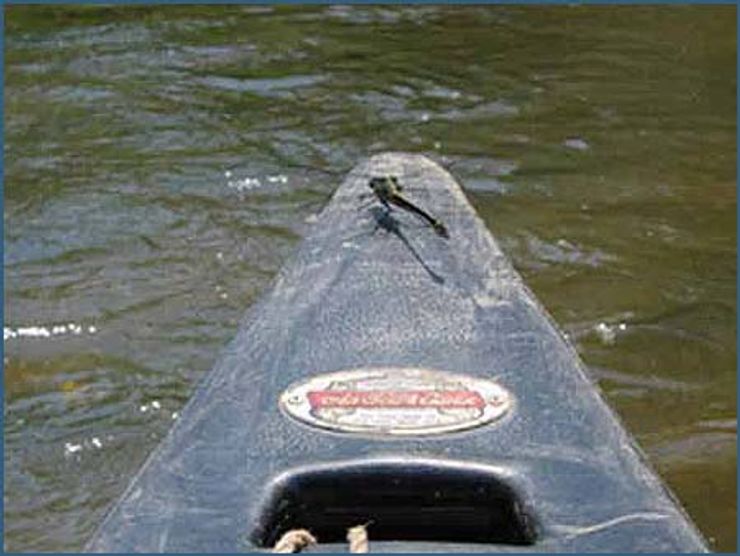
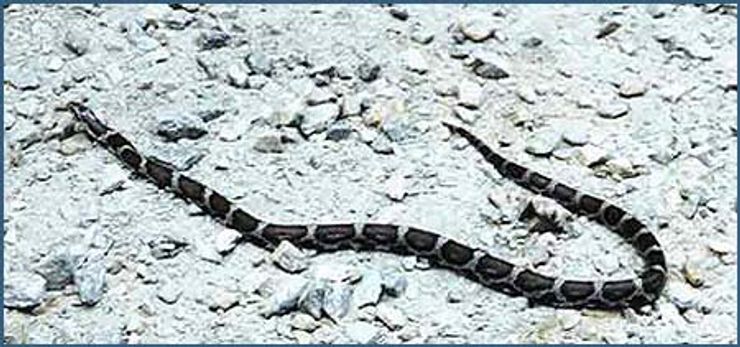
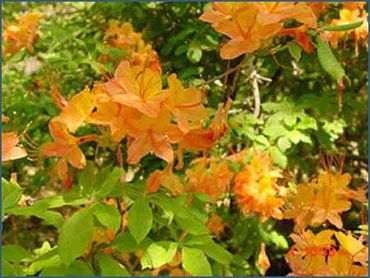
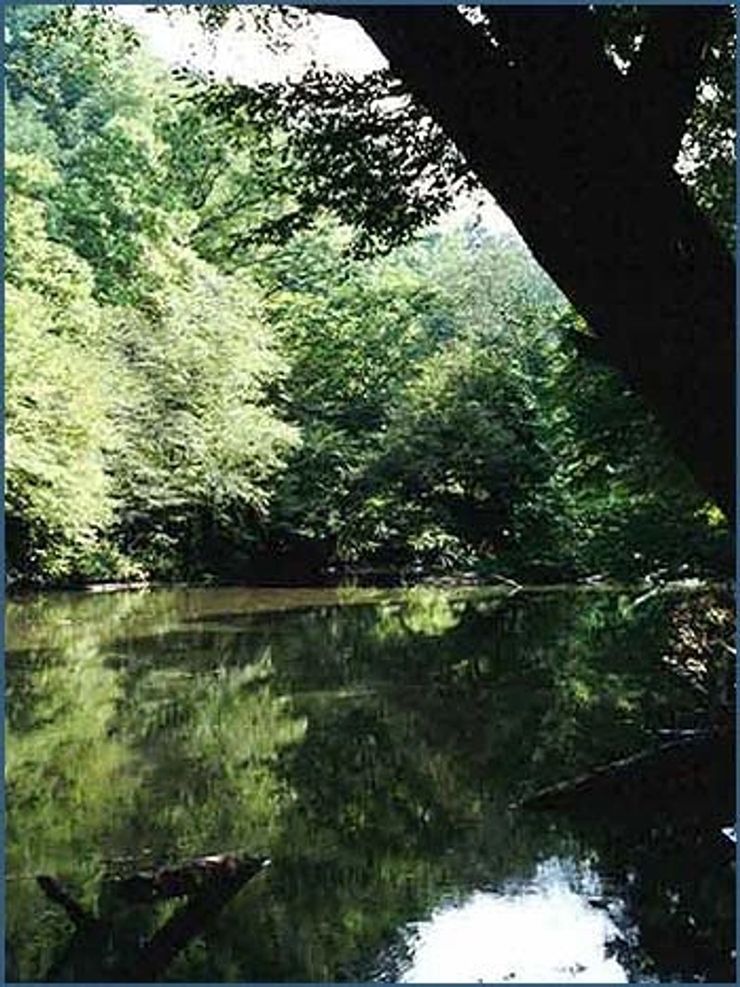
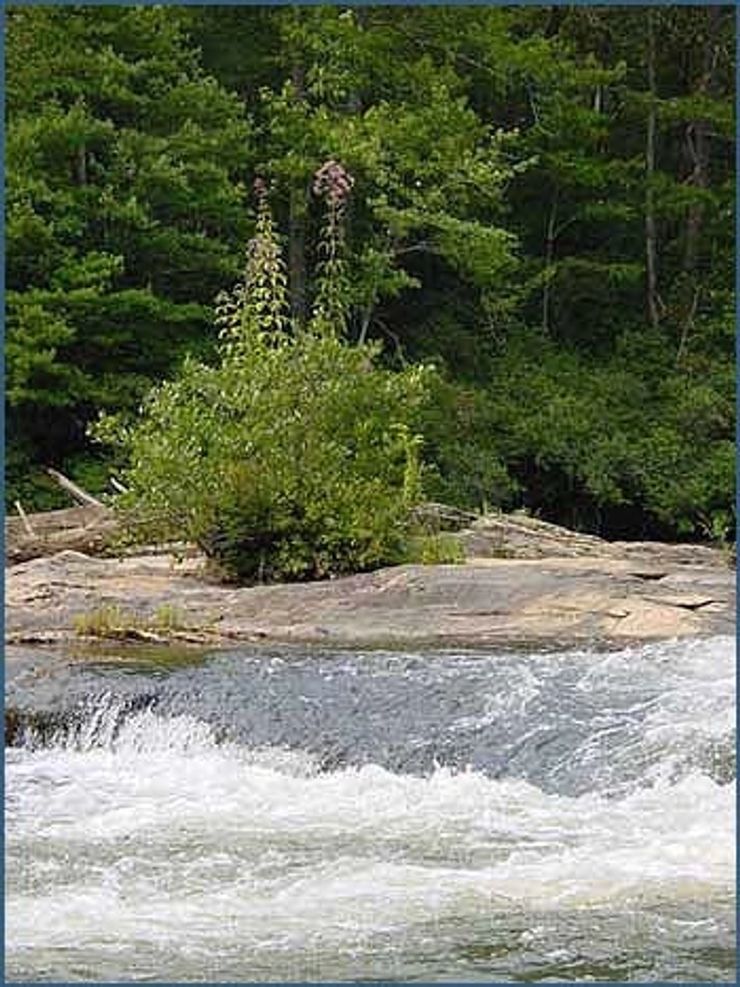
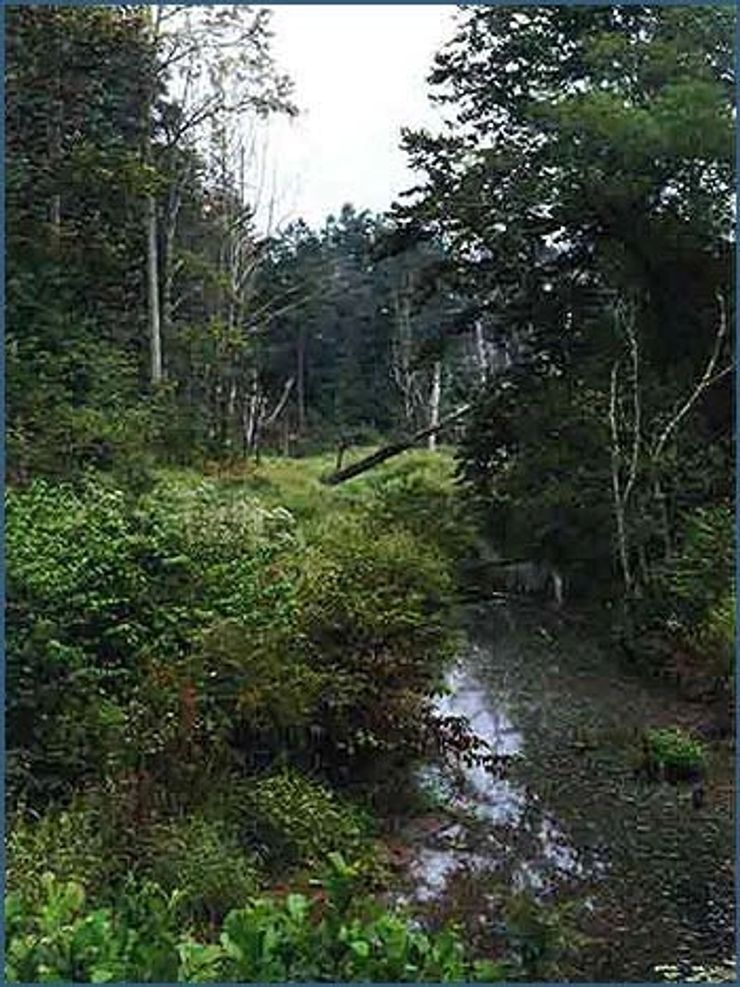
Meet the Darters
The Upper Etowah River Watershed is home to four unique fish: the Etowah Darter, two species of Holiday Darter, and the Cherokee Darter.
The Etowah, Cherokee and the two species of Holiday darters are endemic, meaning the only place in the world they are found is in the Etowah Watershed. The Amber Darter is found in the Etowah and Conasauga Watersheds. Both the Etowah and Amber darters are listed on the federal endangered species list, while the Cherokee darter is listed as threatened.
The Holiday darters are also small stream fish. One lives exclusively in the Amicalola and the other lives exclusively in the most upper reaches of the Etowah – pretty much just Lumpkin county.
We sat down for a chat with a few of these elusive creatures:
So, tell us about yourselves. Where do you like to hang out?
Amber: The Cherokee Darter likes the smaller, tributary streams in the watershed best, while me and my friend, the Etowah Darter, enjoy the main river and large tributary streams. He’s named after it, you know. I have some cousins who live in the tributaries on the Conasauga River.
We do agree on what part of the waterway we like: the riffle part of a stream; where the water bubbles over the rocks. I especially enjoy larger, cobbled rocks and clear water. I hate muddy water.
What is your favorite meal? Etowah: Oh, I love a good caddis fly larvae. And mayfly larvae are mighty fine too.
What do you do for fun? Cherokee: Get to know other darters.
What is your greatest challenge? Cherokee: When we lay our eggs in between the rocks, they often get smothered by dirt in the stream and it’s hard to breath. We really wish humans could learn to keep the mud out of the streams!
Finally, here’s a really personal question — What is your sign? Pisces! Of course!
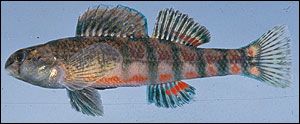
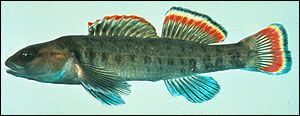
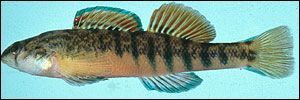
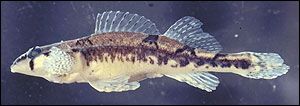
What does Etowah mean?
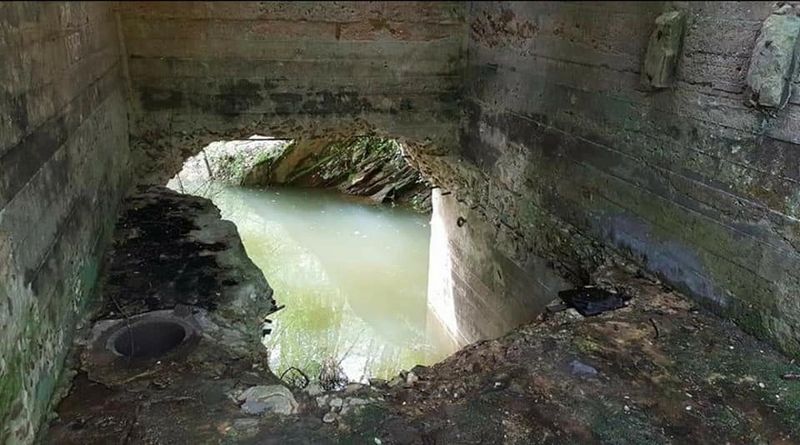
It was the name of one or more Cherokee settlements. One, which existed until the Removal of 1838, was upon the Etowah River, about where the present Hightower is located in Forsyth County Georgia. Another may have been on Hightower Creek in Hiawassee River in Towns County Georgia. The name commonly written Etowah and corrupted to Hightower, cannot be translated and seems not to be of Cherokee origin.
It is the name of a former Cherokee settlement near the head of the Etowah River in Georgia. The Cherokees regard this a foreign name, and its occurrence in upper Georgia as well as central Alabama, may help to support the tradition that the southern Cherokee border was formally held by Creeks.
From “History, Myths, and Sacred Formulas of the Cherokees”, by James Mooney
Pollution Solution
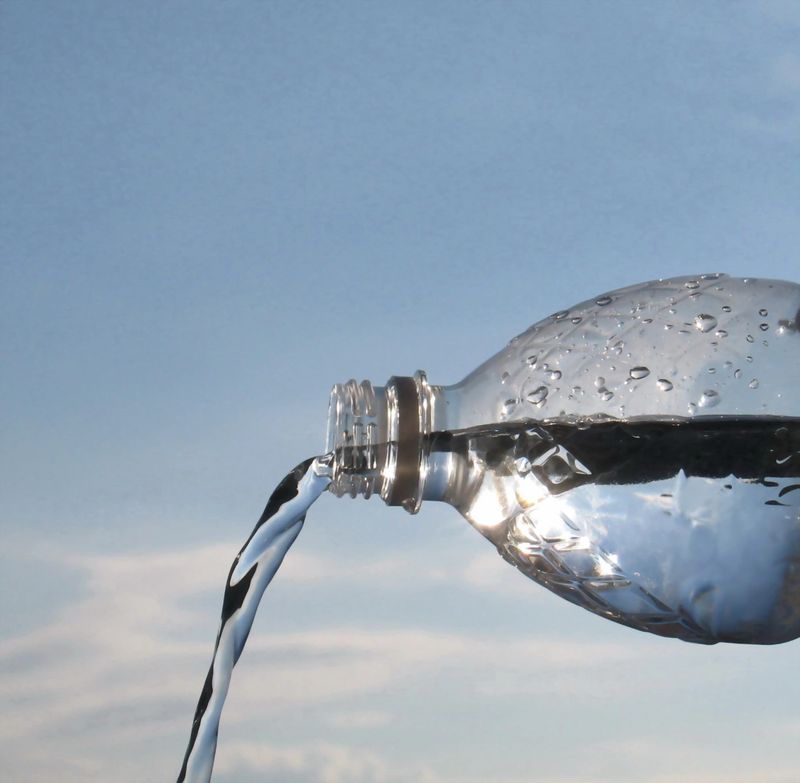
We all do it. Dogs, cows, humans – we all produce poop.
And while it is a natural process, if that waste gets into our water, the affects can be detrimental. Several streams in the Etowah Watershed are listed on the Georgia List of Impaired Streams because they have too much fecal coliform bacteria, which comes from animal and human fecal waste. Fecal matter in the waterways can make humans sick.
How does it get into the water? Mostly from leaking septic systems or stormwater overflows, and animal farming areas. When septic systems fail or sewage lines break, the stuff they were designed to catch leaks out, either soaking into the ground water or bubbling up in a lawn and overflowing to a nearby stream and/or stormwater system.
Another way, fecal bacteria gets in the water is through improper handling of cow manure and chicken litter. When the chickens leave the chicken house, all their waste is removed before the next tenants move in. Some farmers sell this litter to be used as fertilizer and others store it on site. If not stored in a covered area, or if overly applied to fields, chicken litter can be washed into streams or rivers when it rains, adding to the fecal coliform problem.
Cow manure finds its way into water either directly or indirectly. Cows that have access to streams sometimes use them as toilets as well as drinking water. In addition, muddy, churned up pastures, also called heavy use areas, become sources of contamination when the mud runs into waterways.
So, what to do?
Many counties also have grant money available to help. Check with the Cooperative Extension Office or county agriculture agent in your county to see it they have money available to help defray the costs.
So, what can everyday citizens do? Following are some suggestions how you can reduce the amount of fecal waste getting into our beautiful waterways:
-
Clean up pet waste in your yard.
-
Have your septic tank pumped out every 3-5 years and fix leaks immediately.
-
Report any sewage leaks immediately.
Together, we can all reduce pollution!
Green Grass - Clean Water
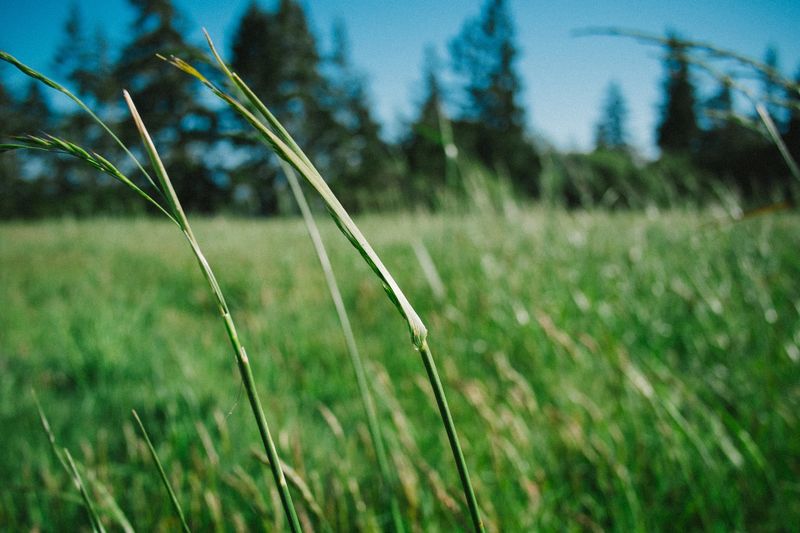
Spring time is here! The sounds of the season are all around – birds twittering, crickets chirping and …. lawn mowers roaring.
Did you know that you can protect water quality while caring for your lawn? Residential lawns can be a significant source of nonpoint source pollution if cared for incorrectly. Excess pesticides or fertilizers can run off into nearby streams.
Here are some tips to care for your lawn naturally and protect our precious water.
Fertilizing
-
Substitute natural compost for prepared fertilizers. A soil test can tell you exactly which nutrients your lawn lacks.
-
Leave grass clippings on the lawn to provide nitrogen.
-
If you do choose to apply a fertilizer, read the directions carefully and apply the recommended amount.
Pesticides
-
Minimize pesticide use by planting native plants that are more resistant to area bugs. In addition, native plants are often more drought resistant and need less fertilizers.
-
When applying pesticides, make sure you only apply the least amount needed, and not before a heavy rain, when it will run off.
Mowing
-
Set your mower blade 2-3 inches high. Longer blades of grass help control weeds and conserve water naturally.
-
Keep mower blades sharp so they don’t tear the grass and make it vulnerable to disease.
Watering
-
Water in the early morning hours to prevent water loss from evaporation.
-
Water slowly, allowing water to be properly absorbed. For the most efficient watering, use a soaker hose or drip irrigation system.
-
Watering once a week for several hours is the best method for a healthy lawn.
Remember, clean water is important to all of us!
Water Conservation
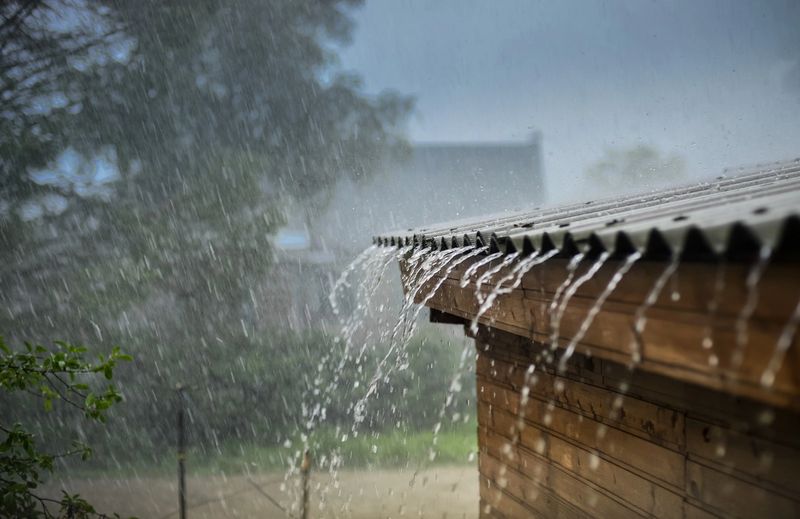
Conserving water actually helps with pollution issues. Water is not created; it is recycled. If each household in the Upper Etowah watershed reduces their water consumption by just a little bit, then less water will be taken from the rivers, streams and lakes. Adequate water flow protects habitat and ensures all of us will have enough water to use.
So, how can you reduce the water used in your house?
-
Try to limit showers to 5 minutes.
-
Teach your children to turn off the faucet while brushing their teeth (or, listen to your children when they try to teach you!).
-
Consider installing a rainbarrel under your downspouts. This collects the water running off of your roof. Then you can use it water your lawn or garden. Some rainbarrels come with drip irrigation systems that can be buried under a landscaped area.
-
Sweep your driveway off rather than using a hose to wash off debris.
-
Frequently check your plumbing system and any outdoor irrigation system for leaks. A leaking toilet wastes lots of water and money!
-
Run dishwashers and washing machines only when fully loaded.
We all need water. Water conservation and pollution reduction are all of our responsibilities!
For more tips or other information about water conservation, visit www.watersmart.net.